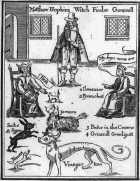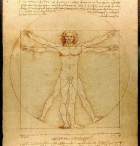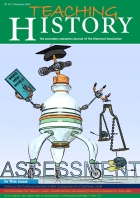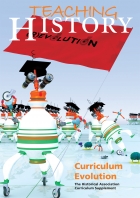Progression & Assessment
Progression and Assessment (Key Stage 3): Progression simply means ‘getting better’. History teachers need models of what progression in history looks like but many contrasting models exist and lively debates continue. All history teachers therefore need to know enough to understand those debates and join them. History teachers and history education researchers have traditions of defining and testing goals for students, debating how far these should relate to substantive knowledge and/or disciplinary thinking, researching typical routes pupils take towards them and working out optimal paths to help them get there more securely. Read more
Sort by:
Date (Newest first) | Title A-Z
Show:
All |
Articles |
Podcasts |
Multipage Articles
-

Making rigour a departmental reality
ArticleClick to view -

Move Me On 128: Assessment without Levels
ArticleClick to view -

Move Me On 154: Mixed Ability Groups
ArticleClick to view -

Move Me On 156: Assessment for Learning
ArticleClick to view -

Myths and Monty Python: using the witch-hunts to introduce students to significance
ArticleClick to view -

New, Novice or Nervous? 152: Describing Progression
ArticleClick to view -

No more mark schemes: manageable and meaningful assessment for Years 7–9
ArticleClick to view -

Pipes's punctuation and making complex historical claims
ArticleClick to view -

Progression & Assessment without Levels - Guide
Multipage ArticleClick to view -

Progression - more than 'could do better'?
Multipage ArticleClick to view -

Pupil-led historical enquiry: what might this actually be?
ArticleClick to view -

Redrawing the Renaissance - non verbal assessment in Year 7
ArticleClick to view -

Rescuing assessment from ‘knowledge-rich gone wrong’
ArticleClick to view -

Rigorous, meaningful and robust: practical ways forward for assessment
ArticleClick to view -

Taking control of assessment
ArticleClick to view -

Teaching History 157: Assessment
ArticleClick to view -

Teaching History Curriculum Supplement 2014
ArticleClick to view -

Triumphs Show 167: Keeping the 1960s complicated
ArticleClick to view -

Using timelines in assessment
ArticleClick to view -

Using ‘Assessment for Learning' to help students assume responsibility
ArticleClick to view

